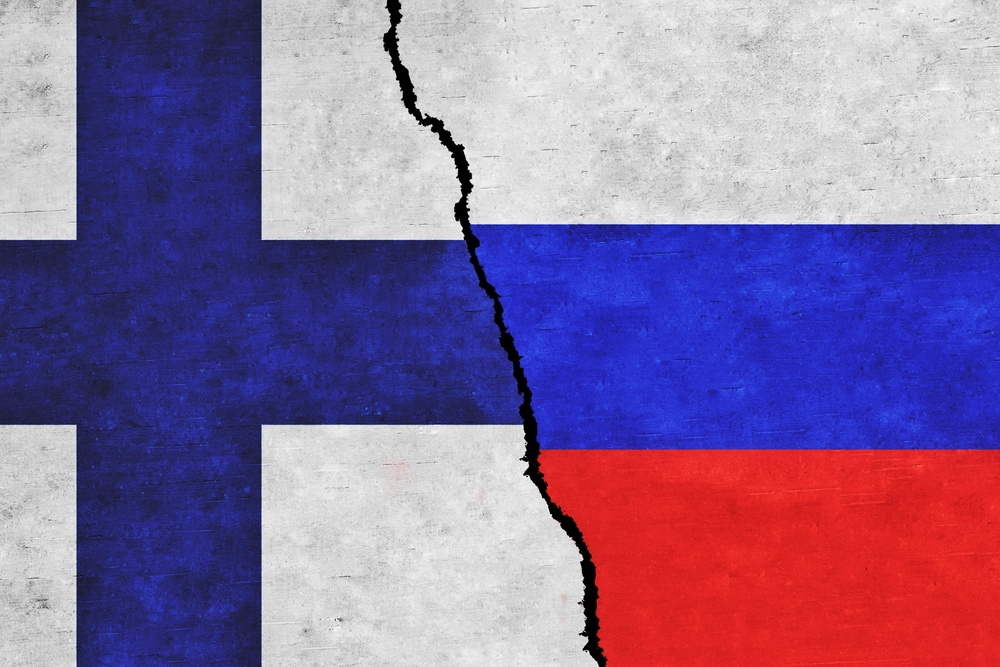Helsinki cites growing security concerns over Moscow; Kremlin expresses regret but claims openness to future dialogue
Others are reading now
After decades of neutrality, Finland has been steadily reconfiguring its security posture. Now a NATO member, the Nordic nation is taking a dramatic step that highlights its mounting concern over Russia’s military ambitions: exiting the international ban on landmines and pledging to increase defense spending significantly by the end of the decade.
Finland Sharpens Its Security Posture
The Finnish government announced Tuesday that it will withdraw from the 1997 Ottawa Convention banning anti-personnel mines. At the same time, it revealed plans to raise military spending to at least 3% of GDP by 2029.
The moves reflect what Helsinki describes as an “evolving military threat” from neighboring Russia, with which it shares a 1,300-kilometer border. Finland joined NATO in 2023 following Russia’s full-scale invasion of Ukraine, a decision that drew sharp criticism from Moscow.
Finnish President Alexander Stubb has repeatedly stressed the need to treat the Russian threat seriously. While he acknowledged this week that Finland will eventually have to “mentally prepare” for a future diplomatic thaw with Russia, he emphasized that such a moment would hinge on the outcome of the war in Ukraine.
Also read
Kremlin Reacts, Offers Future Openness
Kremlin spokesman Dmitry Peskov responded to Helsinki’s new defense strategy by blaming the deteriorated relationship on Finland’s NATO accession and subsequent policies. He said Finland and Sweden “reduced these relations practically to zero” but added that President Vladimir Putin remains open to restoring dialogue “with those who want this.”
Peskov recalled what he called previously “mutually beneficial cooperation” between Russia and Finland, particularly in business and trade. However, he criticized the countries for “dragging NATO’s military infrastructure onto their territory.”
Wider Regional Implications
Finland is not alone in reconsidering the landmine ban. Last month, Poland and the Baltic states — Estonia, Latvia, and Lithuania — also announced intentions to withdraw from the treaty, citing increased Russian aggression as justification.
Finland had already closed its land border with Russia and extended the closure indefinitely, accusing Moscow of orchestrating migrant flows as a hybrid warfare tactic — a charge the Kremlin denies.
By leaving the treaty, Finland will be free to stockpile and potentially deploy landmines once again — a move it deems necessary as NATO’s eastern frontier becomes increasingly militarized.

